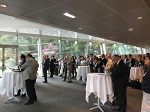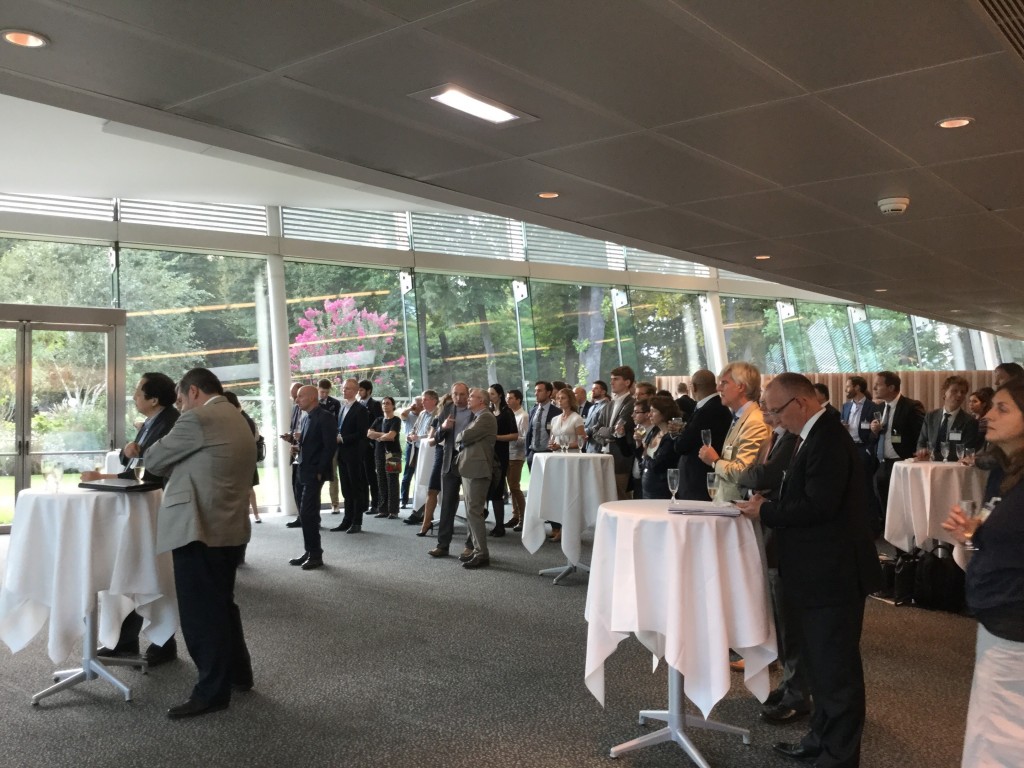Smart Specialization and Innovation platforms for digital students and entrepreneurs

OCDE meeting about the Knowledge Triangle has addressed different models to transfer knowledge to the society. Smart Specialization an Innovation platforms have emerged as two key elements.
If we wonder about the role of university and research in society, we have to star defining what the role of the university is in a new world, totally changed by the digital revolution. At the same time, the university system is in a period of transformation dealing with the demands of new careers, and the on going transformation to an Open Science model.
John Goddard, Professor Emeritus of Regional Development Studies at Newcastle University, has put on the table the differences between an un-engaged university, and “the engaged university which is generative, absorptive, collaborative, and with capacity for leadership“. This implies a coproduction of knowledge and the implementation of Responsible Research and Innovation policies.

Furthermore, various experts has underlined ways to achieve a Smart Specialization with innovative ecosystems, and the importance of the mobilization of talent also at the regional level. The Director of the Science Dissemination Unit at UNIR, Carlos Fernández-Alameda has contributed to the debate with an explanation about the labor of the new Vice-chancellorship for Knowledge Transfer & Technology to promote talent and connection with international researchers.
“I wish we had a university more based on lines of research, and not in departments”, Linnar Viik, entrepreneur and co-founder of Skype.
Linnar Viik, Entrepreneur and co-founder of Skype, Estonia, has stressed that “there are a lot of big changes on the labour market but… How are universities addressing this challenge?”. In his opinion, the values of the digital generation have to be taken into account. A way to do that is “to create spaces for collaboration in a physical environment, like in hackatons“. “I wish we had a university more based on lines of research, and not in departments” Viik has concluded.
In this direction, Petri Rasanen, Director for Innovation in the Tampere Region Council, Finland has argued that is mandatory to make affordable to start faster a business.”It is very important that this platforms creates mutual benefits for users through a network that strengths the society participation”, has said,
The day has finished with the presentation of a tool to measure how innovative are being Higher Education Institutions.
UNIR Science Dissemination Unit (UCC+i)
